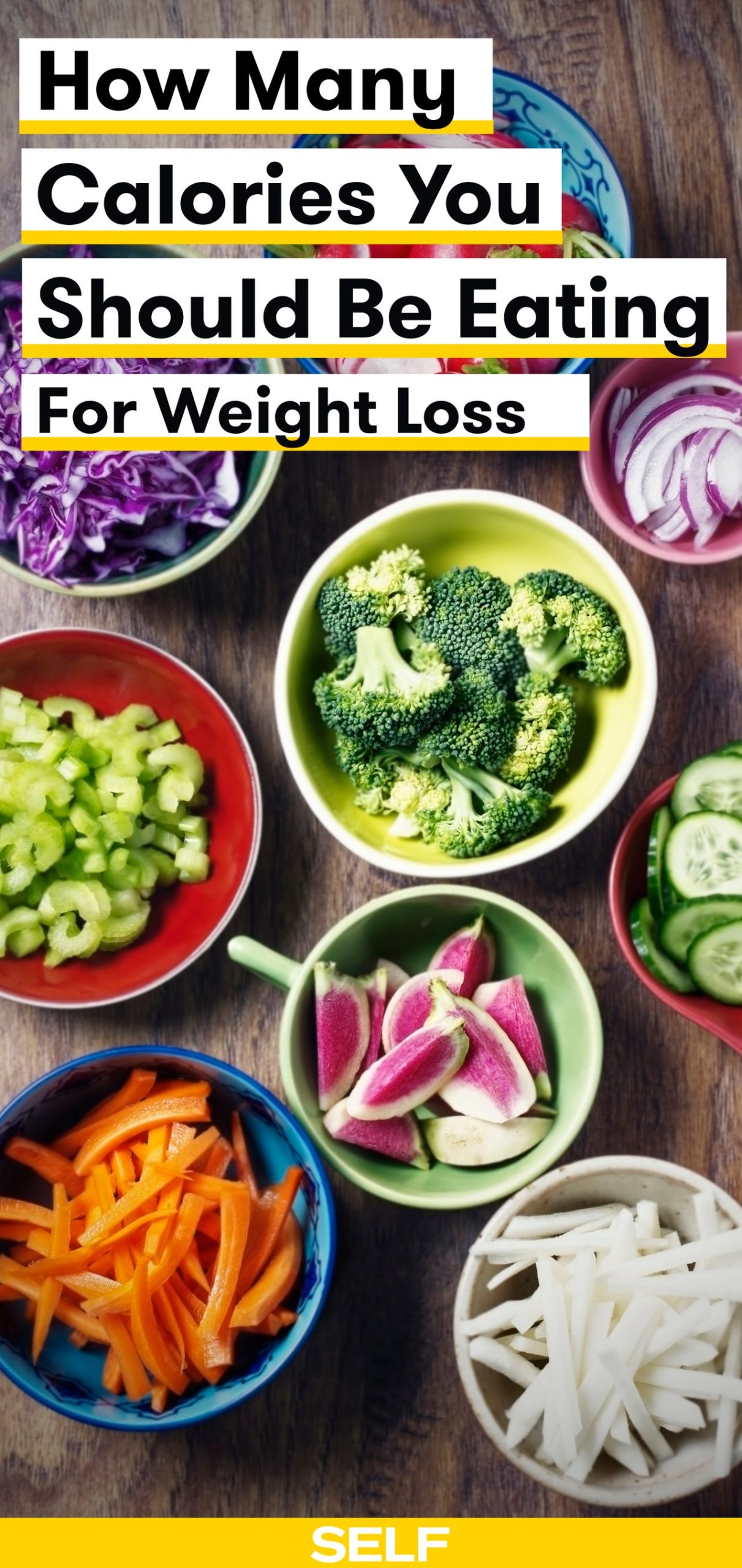How Many Calories Should You Eat To Lose Weight
How Many Calories Should You Eat to Lose Weight?
Losing weight can be a challenging journey, and one of the key factors in achieving weight loss goals is finding the right balance of calories. But with so much conflicting information out there, it can be difficult to determine exactly how many calories you should be consuming to shed those extra pounds. In this article, we will dive deep into the world of calories and weight loss and provide you with the information you need to understand how many calories you should eat to lose weight effectively.
The answer to how many calories you should eat to lose weight depends on various factors, including your current weight, height, activity level, and overall health. However, a general rule of thumb is to consume fewer calories than your body needs in order to create a calorie deficit.
Understanding Calorie Deficit
To lose weight, you need to create a calorie deficit. This means consuming fewer calories than your body burns in a day. When you create this deficit, your body turns to its energy stores, such as fat, to make up for the shortfall. Over time, this leads to weight loss.
Calculating Your Calorie Needs
To calculate how many calories you should eat to lose weight, you first need to determine your Total Daily Energy Expenditure (TDEE). TDEE is the total number of calories your body needs to maintain its current weight. It is influenced by factors such as your basal metabolic rate (BMR), physical activity, and the thermic effect of food.

Here’s a step-by-step guide to calculating your TDEE:
1. Determine your Basal Metabolic Rate (BMR): This is the number of calories your body needs at rest to maintain essential functions such as breathing and digestion. You can use online calculators or consult a healthcare professional for an accurate BMR calculation.
2. Factor in your physical activity level: Multiply your BMR by an activity factor to estimate the calories burned through physical activity. For example, if you have a sedentary lifestyle, multiply your BMR by 1.2. If you are moderately active, use 1.55. For highly active individuals, the multiplier can be as high as 1.9.
3. Consider the thermic effect of food: The thermic effect of food is the calories your body burns while digesting and processing the food you eat. This accounts for approximately 10% of your TDEE. To estimate this, multiply your TDEE by 0.1.
4. Calculate your TDEE: Add the calories from your basal metabolic rate (BMR) and physical activity level, then add the thermic effect of food. The result is your total daily energy expenditure (TDEE).
From TDEE to Weight Loss Calories
Once you have calculated your TDEE, you can determine how many calories you should eat to lose weight. The general rule is to create a calorie deficit of 500-1000 calories per day to lose 1-2 pounds (0.5-1kg) per week. It is generally recommended not to exceed more than a 1000-calorie deficit per day, as extreme calorie restriction can have adverse effects on your health.
Weight Loss Plateau and Adjustments
While creating a calorie deficit is crucial for weight loss, it is important to note that your body is not a mathematical equation. As you lose weight, your body’s energy needs may change, and you may experience a weight loss plateau. This is when your weight stalls despite maintaining the same calorie deficit.
To overcome a weight loss plateau, you may need to make adjustments to your calorie intake or your physical activity level. Some strategies you can try include:
1. Recalculating your TDEE: As you lose weight, your TDEE decreases. Recalculate your TDEE periodically to ensure you are still in a calorie deficit.
2. Increasing physical activity: If you’re already consistently consuming fewer calories than your TDEE, consider incorporating exercise or increasing the intensity or duration of your workouts to burn more calories.
3. Adjusting calorie intake: If you’ve reached a plateau, you may need to further reduce your calorie intake by a small amount to continue losing weight. However, it is essential not to excessively restrict calories, as this can impact your overall health and metabolism.
Frequently Asked Questions
1. Is it necessary to count calories to lose weight?
While counting calories can be helpful for weight loss, it’s not the only approach. Some individuals find success with portion control, mindful eating, or following specific dietary plans. However, understanding your caloric needs and making informed food choices can greatly assist in achieving weight loss goals.
2. Can I lose weight without creating a calorie deficit?
Weight loss ultimately comes down to creating a calorie deficit, whether through reducing calorie intake, increasing physical activity, or a combination of both. While some diets claim you can lose weight without counting calories, they often indirectly create a calorie deficit by limiting certain food groups or restricting overall calorie consumption.
3. Are all calories the same when it comes to weight loss?
Not all calories are created equal. While calorie deficit is key for weight loss, the quality of the calories you consume also matters. Nutrient-dense, whole foods like fruits, vegetables, lean proteins, and whole grains provide more satiety and nutritional value compared to empty calories from sugary or highly processed foods.
4. Is it safe to create a large calorie deficit for quicker weight loss?
Creating a large calorie deficit for rapid weight loss is generally not recommended. Extreme calorie restriction can lead to muscle loss, nutrient deficiencies, slowed metabolism, and other health issues. Gradual, sustainable weight loss is often more beneficial in the long run.
5. Should I consult a healthcare professional before embarking on a weight loss journey?
It is always advisable to consult a healthcare professional, such as a registered dietitian or doctor, before starting any weight loss program or making significant dietary changes. They can help assess your specific needs, provide personalized guidance, and ensure you approach weight loss in a safe and healthy manner.
Final Thoughts
Navigating the world of weight loss can be overwhelming, but understanding how many calories you should eat is a vital step in achieving your goals. By calculating your TDEE and creating a calorie deficit, you can set yourself on the right track. Remember to prioritize nutrient-dense foods, listen to your body’s hunger and fullness cues, and seek professional guidance if needed. With patience, consistency, and a balanced approach, you can reach your weight loss destination and improve your overall well-being.







